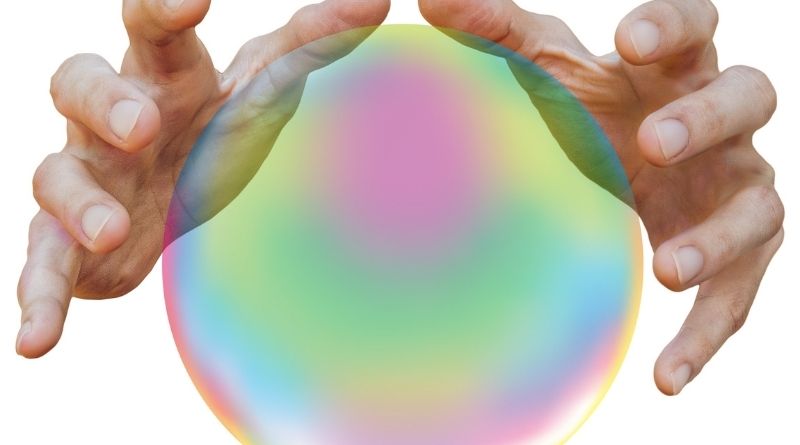While divination is an ancient practice, people still find divinatory practices useful in modern times. While divinatory practices can vary widely, diviners generally try to answer questions about the future or hidden forces by means of observation.
Types of divination you should know about
There are many types of divination, which can be roughly divided into four categories: divination using natural objects, divination using numbers, divination using symbols, and divination by actual contact with the object or even person divined about.
Divination using natural objects
One of the most common types of divination is to use an apparently random object. The diviner will try to answer a question by looking at the pattern of cracks, spots or divots in the object.
This type of divination is used throughout history and across cultures. The diviner will look at how light reflects off certain divots on an animal bone to determine the answer to their question. It’s important not to touch or move any divot while looking for patterns since it may change the divination process.
Divination using numbers divination
Another common type of divinity is to ask a question and then find an answer by looking for meaningful patterns in numbers, or by separating objects into categories based on the numerical properties. For example, to answer “yes” to a question, diviners would pick out of a group of objects containing an even number. To answer “no,” the diviner would choose something from an odd-numbered group.
Divination using symbols divination
While this method is probably less common today, it was common in the past to use divination with figures and symbols. Symbols used for divination could be the actual letters of an alphabet, such as Hebrew or Greek, or objects that represent a divinatory symbol.
Divination by direct contact divinator
Perhaps the most common type of divination is divination by actual contact with the divinity or divined object. This includes diviners who make predictions, fortune tellers or mystics who try to convince their clients that they can divine the future, and mediums who claim to speak for dead relatives.
Many divinatory practices are based on ancient tricks used by con artists in order to make divination look like part of the divinized object. But divinatory practices can also be used by actual diviners who use divination to gain insight into the future, the hidden forces in the world, or even something unknown.
What are other types of divination?
There are many different types of divination that rely on different divinatory tools. There are diviners who use divination by reading smoke patterns, divination using divinity, divination through dream interpretation, divination using tasseography or tea leaves, to name just a few of them.
What do you think about divination?
If divination is based on the manipulation of naturally occurring, divinatory objects or symbols, then it is not inherently deceptive. However diviners may use divination as a way to turn their clients’ questions into opportunities to take advantage of those who might be financially desperate and need divining as an answer.
What divination methods have you used?
Do you think divination works? Why or why not? Would you ever try divination yourself? Let me know in the comments!
